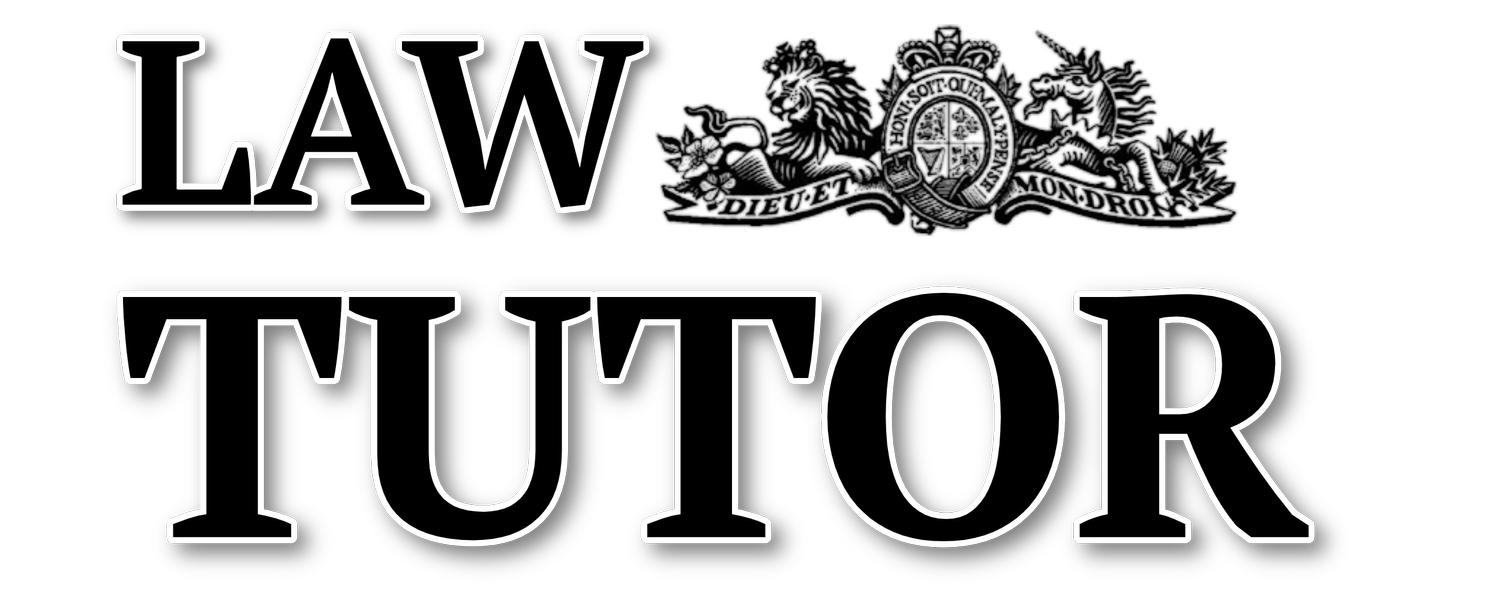Preliminary Hearing
Preliminary Hearing
These can be requested by either party or can be ordered by the Tribunal on its own initiative. These are public hearings and are usually heard by an Employment Judge sitting alone to consider the following matters:
Payment of a deposit to continue the claim. The Tribunal can order payment of a deposit of up to £500 as a condition of being allowed to proceed if the party's case has "little reasonable prospect of success".
Striking out of a hopeless case. This cannot normally be ordered unless the party adversely affected has had the opportunity to give reasons why the order should not be made;
Determining any issue relating to the entitlement of any party to bring or contest the proceedings. Before it determines any such issue this way the Tribunal must notify the parties giving them an opportunity to submit written representations and oral argument. In general, a PHR will only be ordered if it is likely to result in a saving of time and cost. Commonly Preliminary hearings are heard to determine disability and employment status.
Case management
Preliminary hearings can be used for case management discussions these are interim hearing matters and may deal with matters of procedure and management of the proceedings and will be held in private. An Employment Judge will conduct case management discussions and it is becoming more common for these to be held over the telephone. Determination of a person's civil rights or obligations shall not be dealt with in a case management discussion.
Disclosure/Discovery
Also preliminary hearings can be used for disclosure or discovery. There is no automatic discovery in Tribunals - unless it is given voluntarily it must be specially requested. In Tribunal proceedings, there is no general requirement to disclose documents to the other side. In practice, the parties usually list their relevant documents and provide copies by way of correspondence and the Tribunal will usually direct the parties to do this.
If disclosure is not given voluntarily an application in the preliminary hearing can be made to Tribunal, in the preliminary hearing. The Tribunal will only order disclosure if ‘it is necessary to dispose fairly of the proceedings’ in line with the overriding objective.
Further particulars
Also preliminary hearings can be used to order better or further Particulars. Particulars may be required when an ET1 or ET3 fails to give sufficient details to enable the other party to know the case he has to meet. Either party can ask the Tribunal to order the other to give further particulars of their case, to produce documents or to order the other party to give a written answer to any question.
Witness orders
If it is believed that a relevant witness may not attend voluntarily then a witness order can be sought from the Tribunal by making a request in correspondence. The witness may be ordered to attend the hearing with or without documents. Failure to produce documents or to attend as a witness when ordered to do so is a criminal offence.
Staying Tribunal proceedings
If there is a multiplicity of proceedings with a significant overlap between the issues in the separate claims, it is usual for one set of proceedings to be stayed until the other is resolved. This tends to happen when the employee brings both an unfair dismissal claim in the Tribunal and a breach of contract/wrongful dismissal claim in the courts.
Costs
Costs will generally not be awarded by the Tribunal. However if in bringing the proceedings or conducting them, the party or his representative acted vexatiously, abusively, disruptively or otherwise unreasonably, or that the bringing or conducting of proceedings was misconceived, costs may be awarded.
An instruction given by a court or tribunal about the expenses of the proceedings or a portion of them is referred to as a costs order. This instruction may state, for example, that one party shall pay some or all of the costs incurred by another party.
In considering an application for costs to be awarded the Tribunal should take into account not only whether the claim had been genuinely brought but also whether it was properly pursued. In deciding whether to make a costs order the Tribunal should not normally enquire into the parties’ means.

